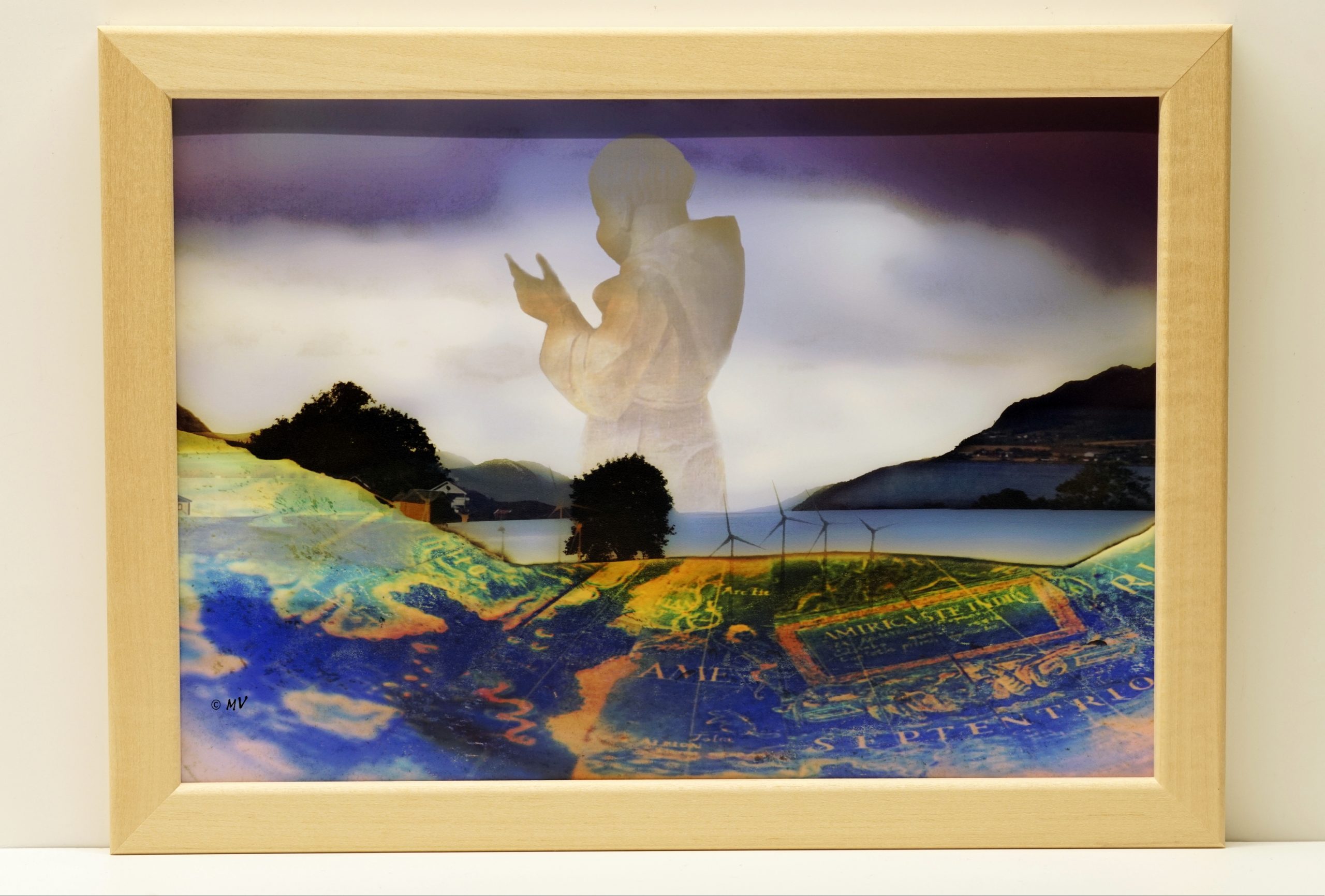
Creating fine art photography involves a combination of technical skill, artistic vision, and creativity. Here are some general guidelines to help you create fine art photos:
Conceptualize Your Idea:
Start with a clear concept or theme for your photo. Fine art photography often tells a story or conveys a message.
Composition and Framing:
Pay attention to composition rules like the rule of thirds, leading lines, and framing. Experiment with different angles and perspectives to create visually interesting images.
Lighting:
Lighting is crucial in photography. Experiment with natural light, studio lighting, or a combination of both to achieve the desired mood. Consider the direction, intensity, and color temperature of the light.
Color and Tone:
Pay attention to the color palette and tones in your photos. Experiment with color grading and post-processing techniques to enhance or alter the mood of the image.
Detail and Texture:
Fine art photography often emphasizes details and textures. Capture intricate details and experiment with different textures to add depth and interest to your images.
Experiment with Techniques:
Try different photography techniques such as long exposure, multiple exposures, or using unconventional equipment to create unique and abstract effects.
Post-Processing:
Fine-tune your images in post-processing to achieve the desired here look. Use editing software to adjust exposure, contrast, color balance, and other elements. Be mindful not to overprocess, keeping the final result in line with your artistic vision.
Print and Presentation:
Consider the final presentation of your work. Fine art photos are often printed and displayed in a way that complements the artistic intent. Pay attention to print quality, framing, and presentation to enhance the overall impact.
Tell a Story:
Fine art photography often goes beyond mere documentation; it tells a story or check here evokes emotions. Consider the narrative or message you want to convey through your images.
Feedback and Iteration:
Seek feedback from others, especially those with a background in fine more info art or photography. Use constructive criticism to refine your skills and iterate on your work.
Remember that creating fine art photos is a subjective process, and there are no strict rules. It's essential to develop your own style and express your unique vision through your photography. Experimentation and continuous learning are key aspects of growing as a fine art photographer.